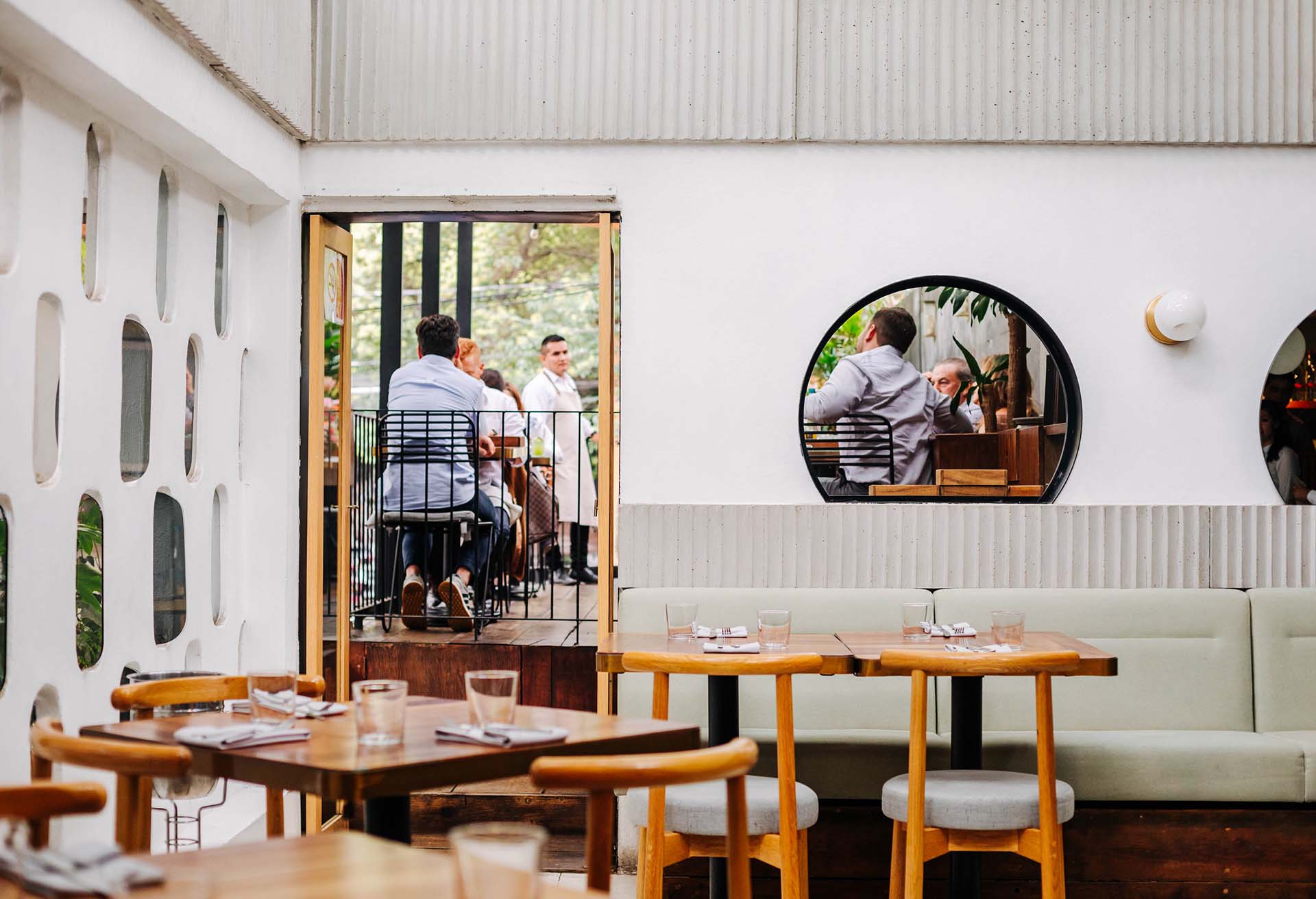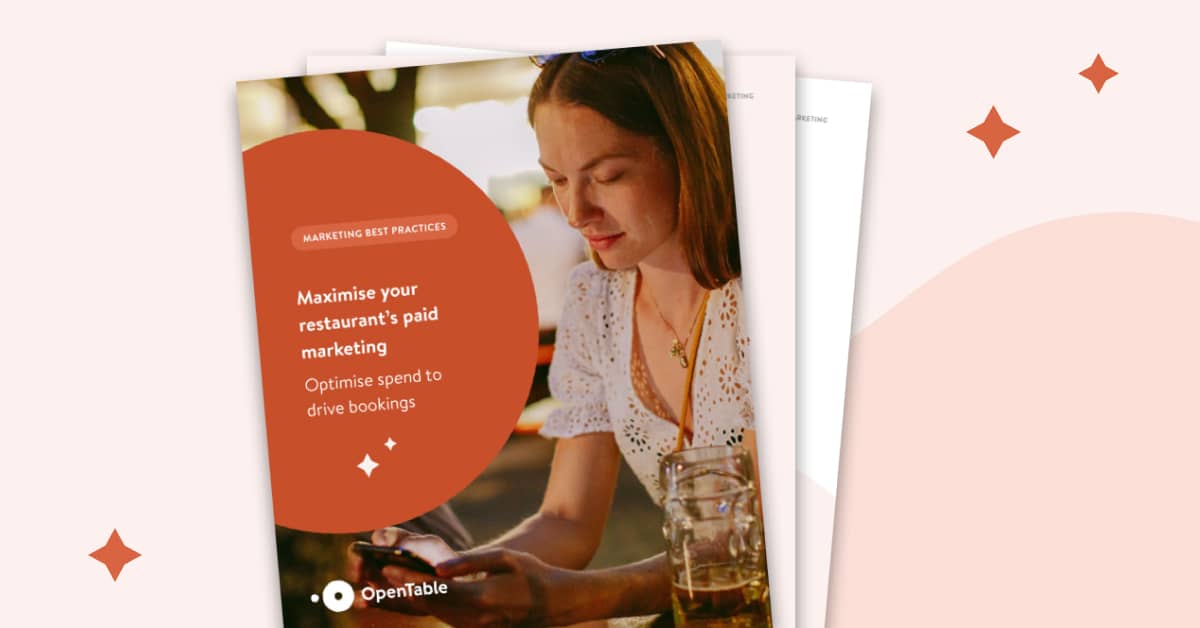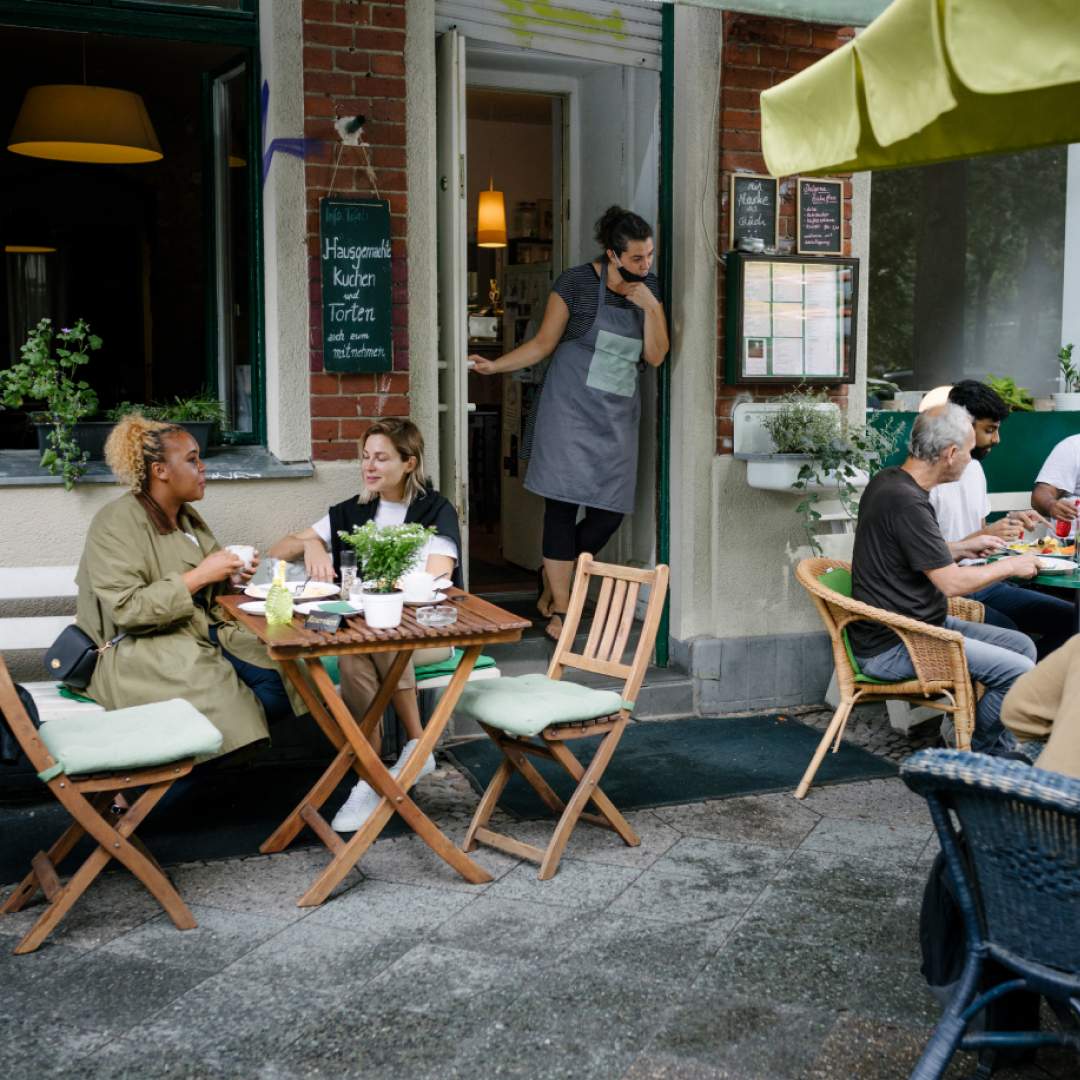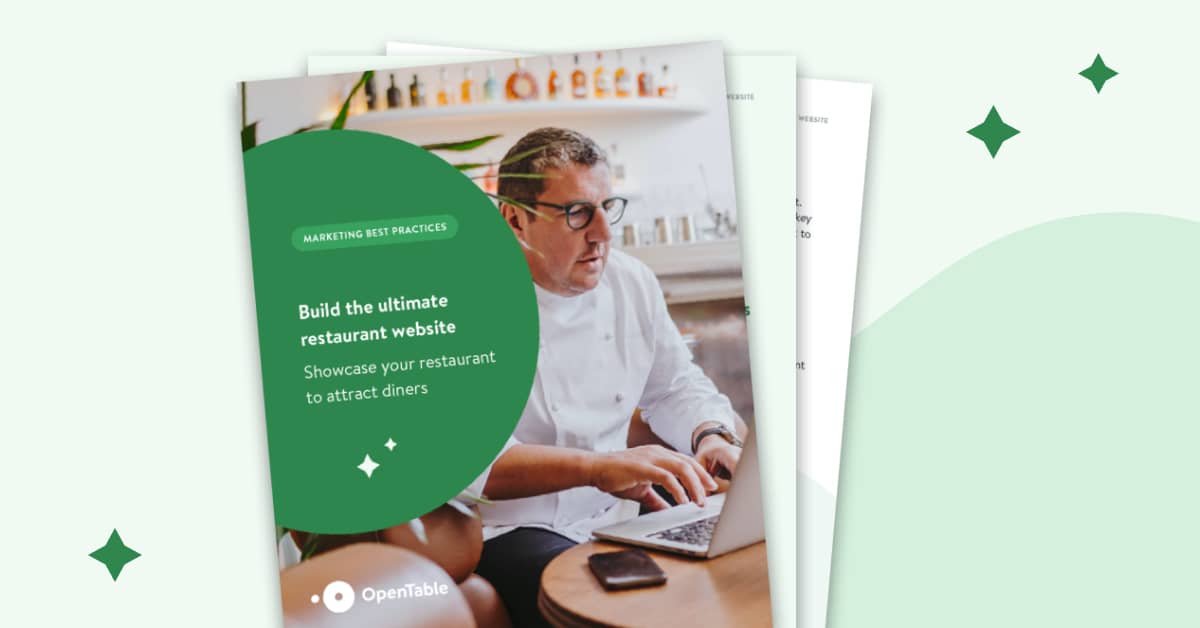No-show diners have been a thorn in the side of restaurateurs for years. The problem became even worse during the height of the COVID-19 pandemic.
According to OpenTable data, cancellations and no-shows spiked to 27 percent in mid-2020, and again to 25 percent around the end of the year. As things have settled down, these rates have started to decline. Today in Australia, cancellations and no-shows are only 1 percent higher than they were during this period before the pandemic.
No-shows wielded a heavy blow on restaurants already struggling under COVID-19 restrictions and lockdowns.
Geoff Machirus, owner of Bodega Underground in Melbourne, says that while restaurateurs have traditionally accepted no-shows as a cost of doing business, the pandemic made this particularly difficult.
“After we opened after the first lockdown, the impact of no-shows was quite heavy. We were restricted to only 20 people in the restaurant at one time. So if a table of eight, for example, didn’t show up, we’d lose almost half our revenue for the night.”
Machirus believes that the spike in no-show diners during the pandemic is down to a combination of uncertainty and excitement.
“People would get excited about going out and book a table, but then get scared because there was so much uncertainty and not show up,” he says. “We didn’t have any form of credit card capture or even pre-paid experiences in place, so we had no recourse to even try to discourage people. There were also no walk-ins around at the time, so we couldn’t just open up the table to walk-ins. We just had to cop it.”
The power of pre-paid experiences

“After that first lockdown, we saw the necessity to change the dynamic. So we used OpenTable to set up credit card capture and prepaid experiences.”
Bodega Underground now charges a set menu fee at the time of booking and also requires pre-payment for its popular brunch experience.
“We now take credit card capture for every single booking via OpenTable and have a set fee that gets charged if they don’t show up or cancel at the last minute,” Machirus explains.
“We do the same thing for our Bottomless Brunch. We couldn’t keep doing free-flowing tables due to restrictions on diner numbers, so we had to almost flip the whole restaurant at once to make sure we weren’t going over capacity restrictions. To do that more efficiently, we took a little risk to have people pre-pay via OpenTable.”
Machirus says it was a risk worth taking, and the response from diners has been largely positive.
“People understand how difficult things have been with COVID-19. They know restaurants have had to work under restrictions, and most diners recognise that when there are pre-paid measures in place that are agreed upon, it’s reasonable for there to be consequences if they just don’t show up.”
And while COVID-19 may be keeping the walk-ins away, there are plenty of diners looking for a last-minute meal. OpenTable’s online waitlist feature means you can let last-minute bookers know when a table becomes available due to a late cancellation.
COVID-compliant communication

Restaurants can highlight safety precautions on their OpenTable profile pages to help ease uncertainty, build trust and prevent anxiety-related no-shows.
SMS confirmations sent to guests through the OpenTable platform also help to prevent no-shows, and restaurant owners like Machirus can create and customise booking policy messages to ensure diners understand what they’re committing to when they make a reservation.
OpenTable also enables restaurants to create an online waitlist, so diners can be notified when a table becomes open due to a last-minute cancellation.
A permanent solution

“Prior to COVID-19, the restaurant industry was very consumer-driven,” he says. “Some high-end restaurants had credit card capture or pre-paid experiences, but most of us just had to cop no-shows. There just wasn’t much we could do about it.”
Machirus says the pandemic has changed that. Living through COVID-19 restrictions and lockdowns has reminded many diners about the value of the restaurant experience. And many diners may continue to be more prepared to support the restaurants they love by accepting a permanent industry-wide shift to pre-paid booking.
“The response to pre-paid bookings has been a lot better than we expected,” he explains. “It all stems from OpenTable for us. Having the capability to take pre-paid bookings helps us close the no-show gaps, and means we can think outside the box. It has been massive for us.”
Learn more about how OpenTable can help you prevent no-shows with pre-paid experiences and customisable booking policies.
Already an OpenTable customer? Start using Experiences.




